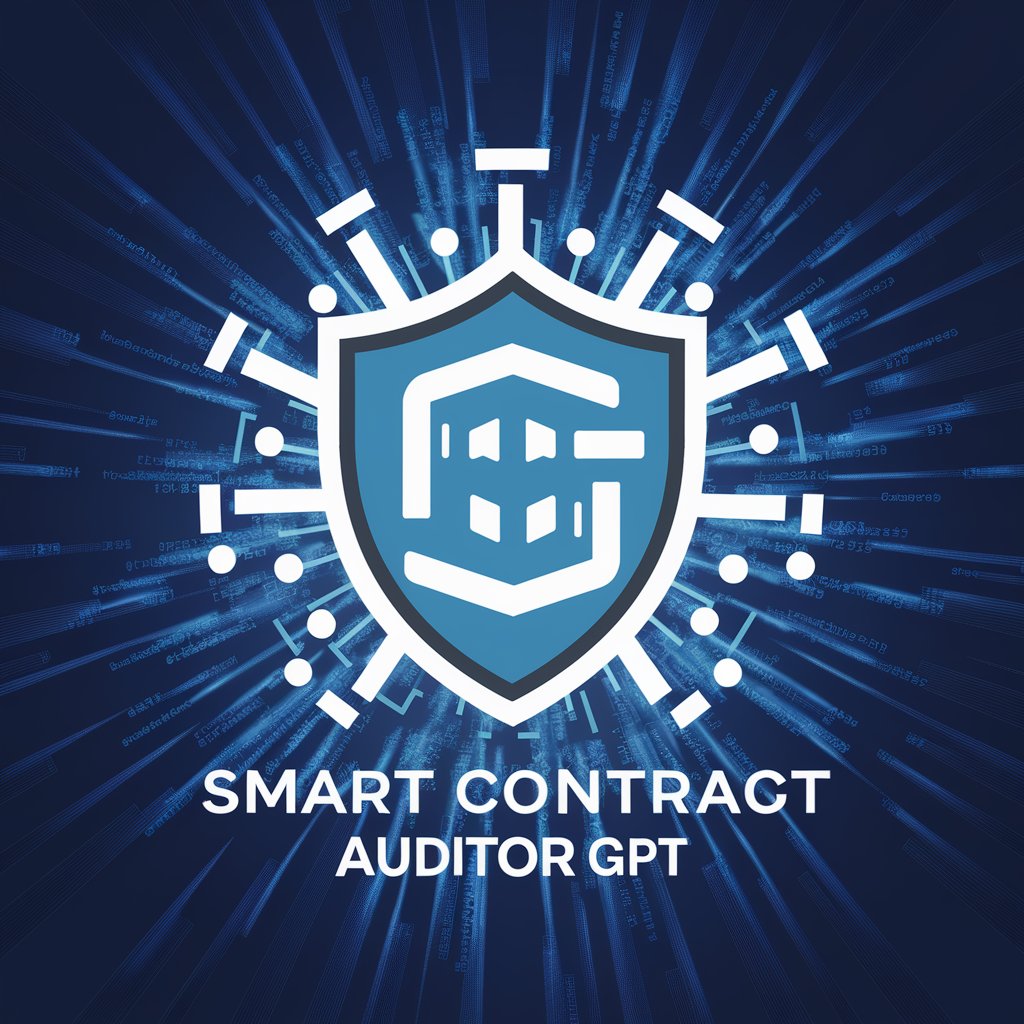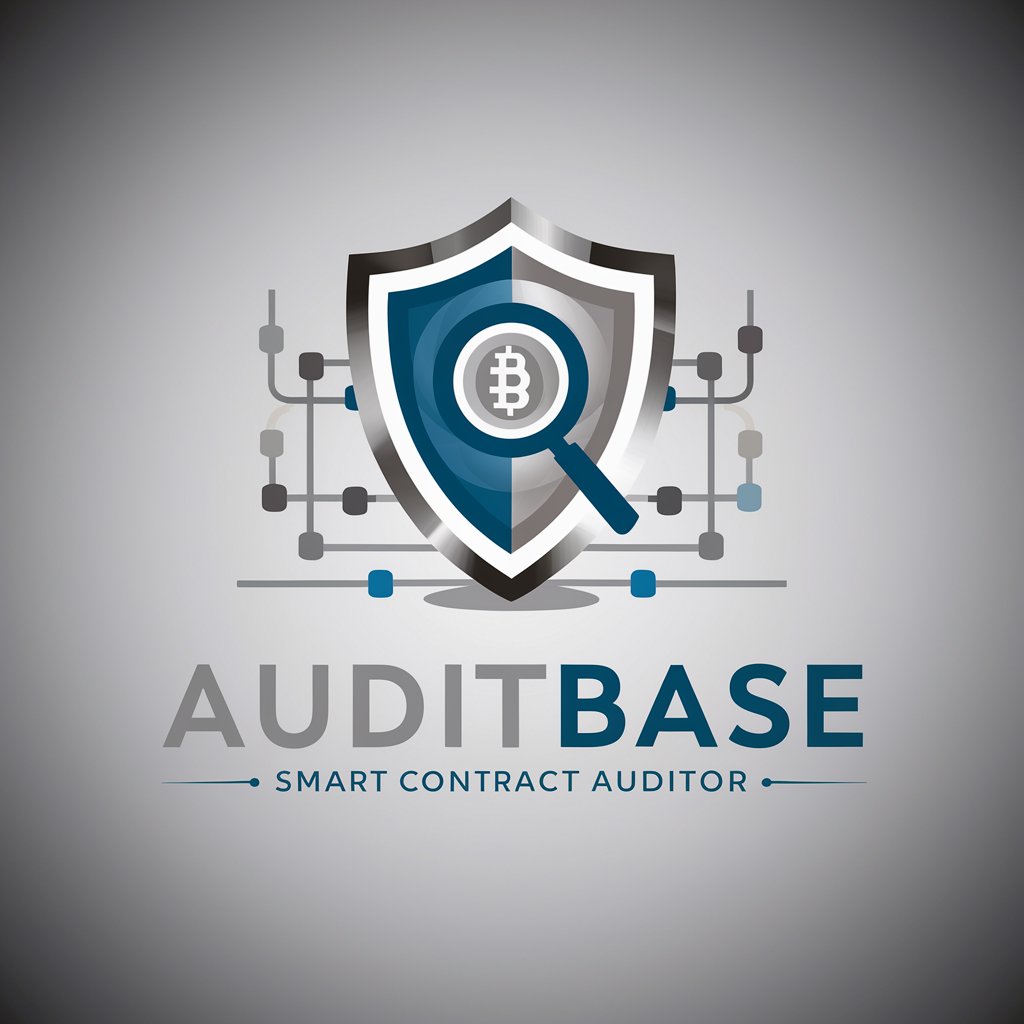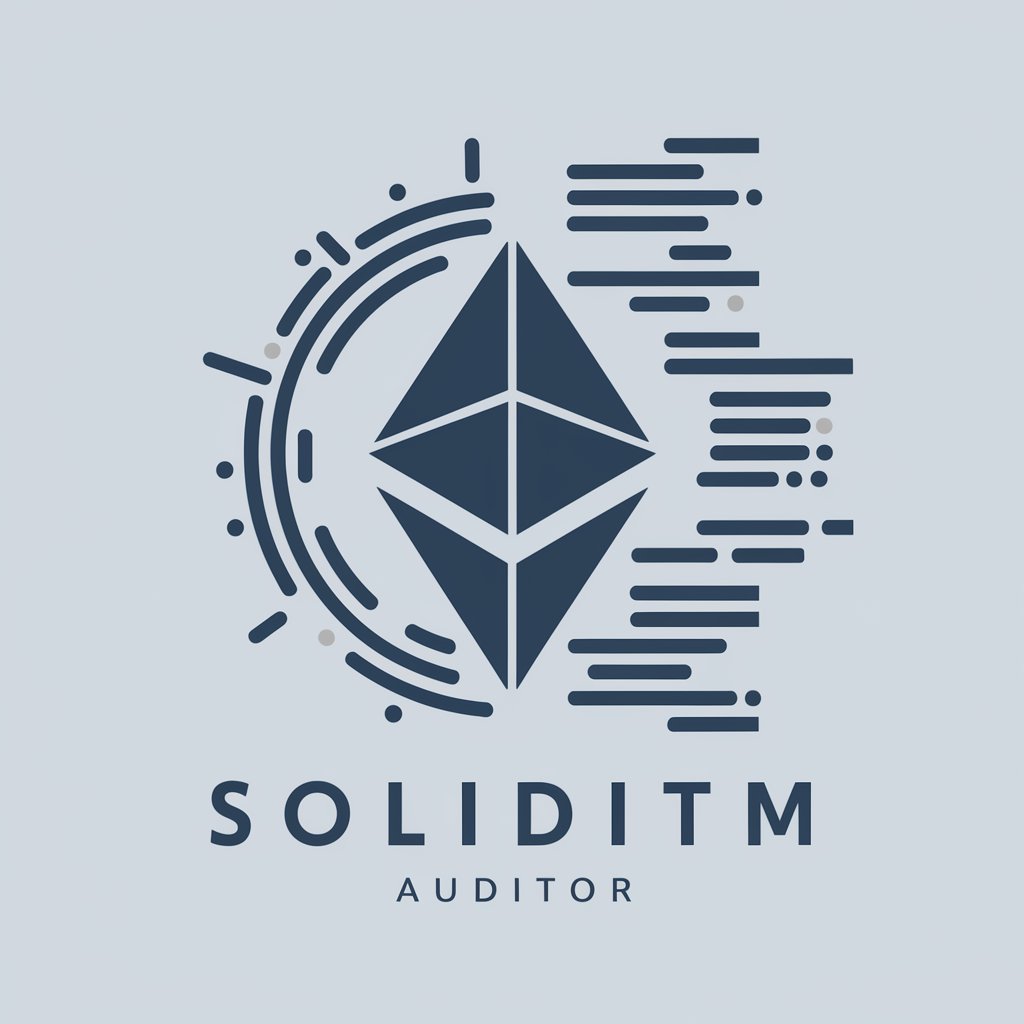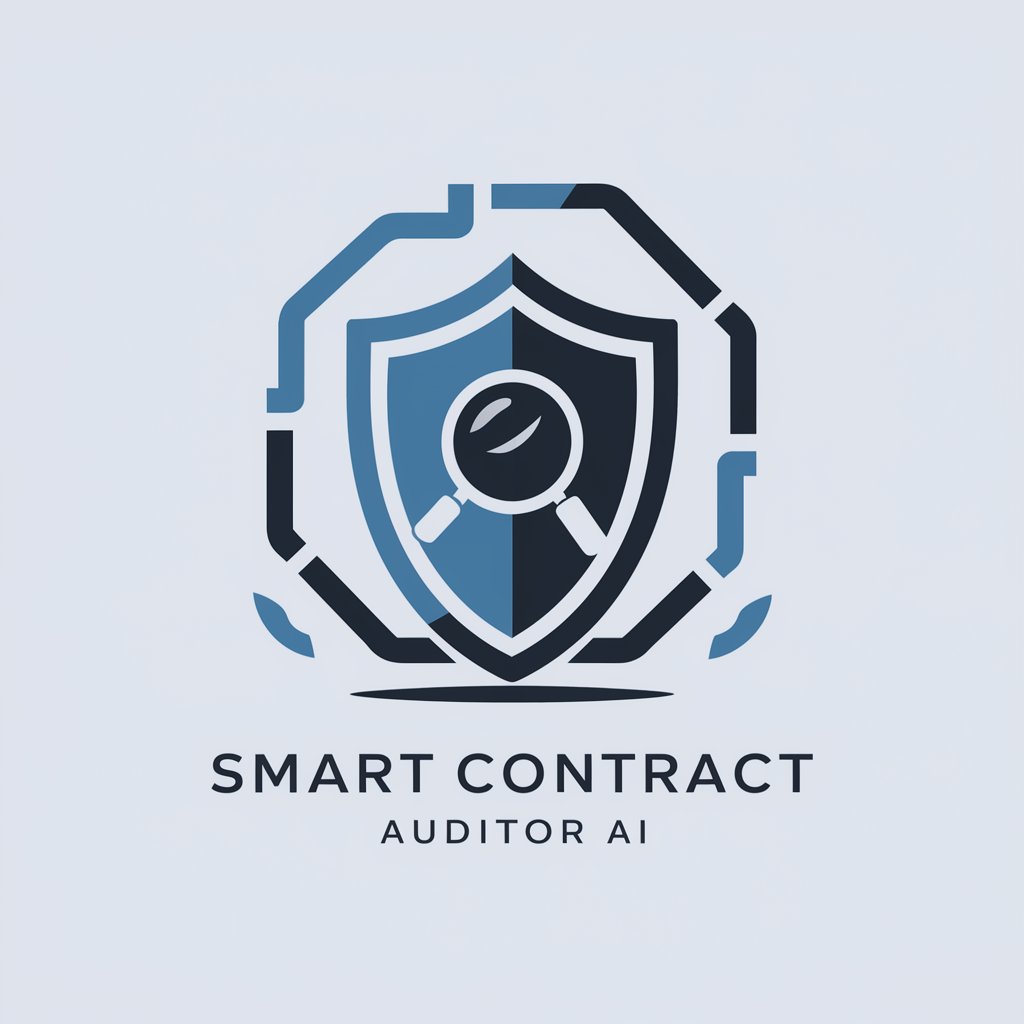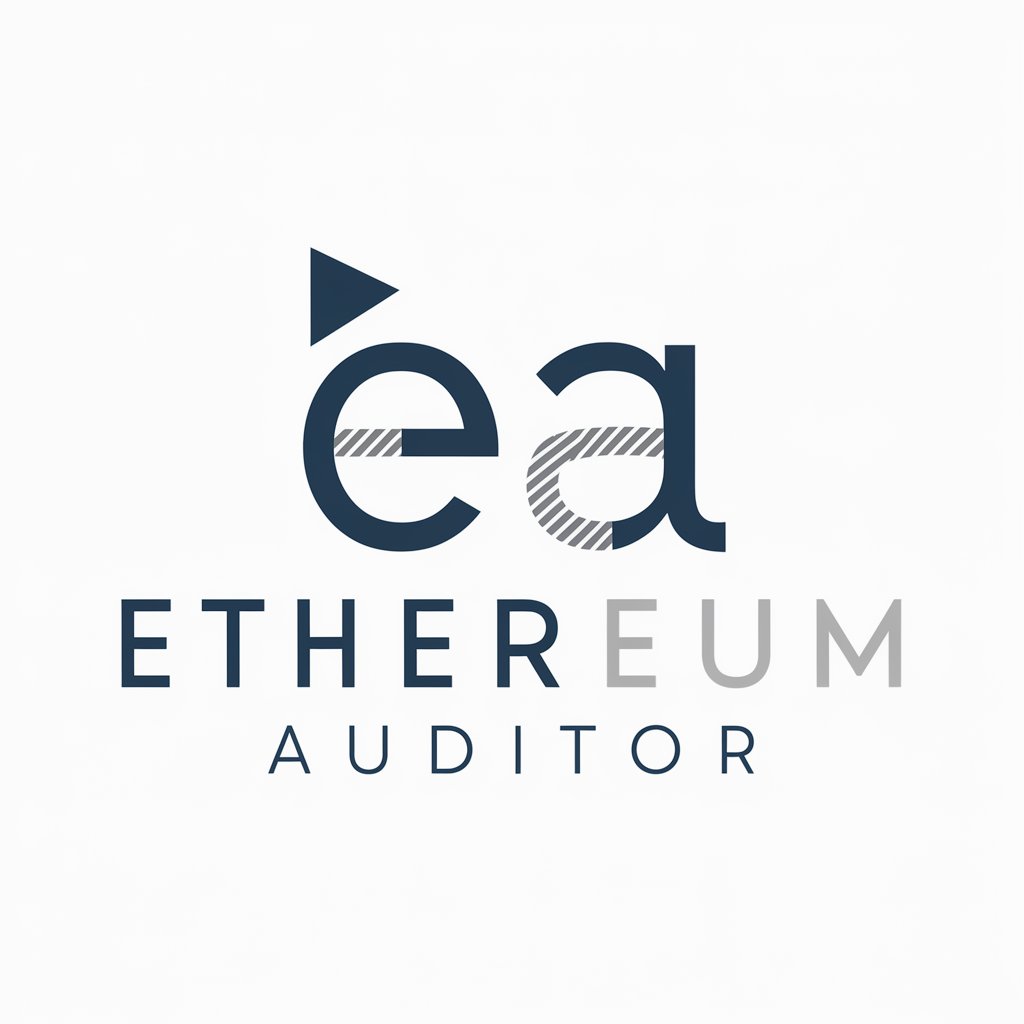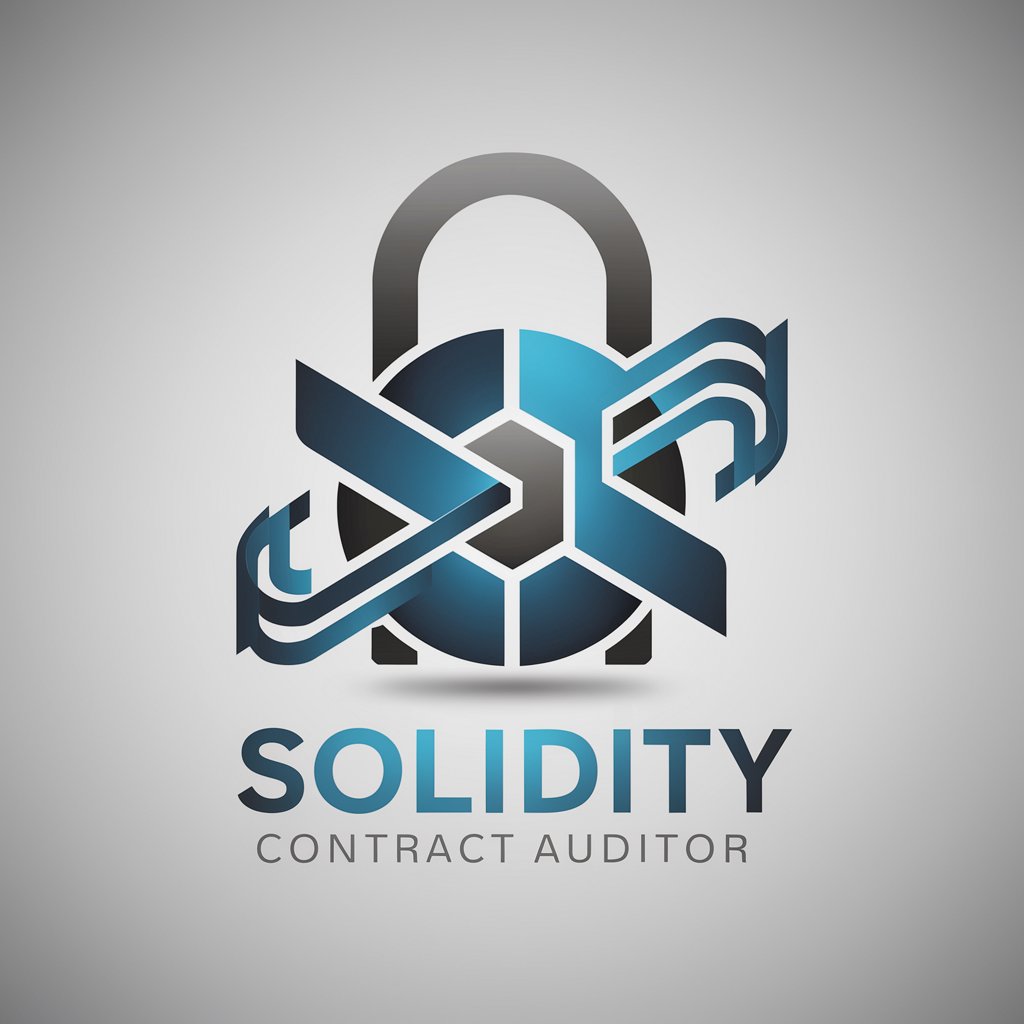
Smart Contract Security Auditor - Smart Contract Security Analysis

Welcome to your smart contract security audit.
Elevate your smart contract security with AI.
Analyze the smart contract for potential vulnerabilities, focusing on
Identify any security flaws in this Solidity contract related to
Provide a detailed audit of the Rust-based smart contract, emphasizing
Evaluate the security aspects of this Move contract, particularly looking at
Get Embed Code
Overview of Smart Contract Security Auditor
Smart Contract Security Auditor is designed to enhance the security and reliability of smart contracts across various blockchain platforms. Primarily, it addresses the critical need for meticulous examination of smart contracts to identify vulnerabilities, inefficiencies, or logic flaws that could lead to financial losses or compromised data integrity. By leveraging advanced analysis techniques, this tool meticulously reviews contract code in languages such as Solidity, Move, and Rust, catering to a wide range of blockchain ecosystems. An example scenario where the Smart Contract Security Auditor is indispensable includes the pre-deployment phase of a DeFi application's contracts, where it rigorously audits the contract code to ensure it is free from common vulnerabilities like reentrancy, integer overflow, or unchecked external calls. Powered by ChatGPT-4o。

Core Functions of Smart Contract Security Auditor
Vulnerability Detection
Example
Identifying risks such as reentrancy, front-running, or gas limit issues in Ethereum-based contracts.
Scenario
Before launching a new token or DeFi service, developers use this function to scan their contracts, ensuring they are free from critical vulnerabilities that could be exploited post-deployment.
Code Optimization Suggestions
Example
Recommending gas-efficient patterns and highlighting redundant code in smart contracts.
Scenario
Developers aiming to optimize their smart contracts for lower transaction costs utilize this feature to refine their code, resulting in more efficient and cost-effective operations.
Compliance and Best Practices Audit
Example
Ensuring smart contracts adhere to industry standards and security best practices.
Scenario
Organizations undergoing security audits use this service to validate that their contracts meet regulatory and industry standards, thereby enhancing trust with users and stakeholders.
Target User Groups for Smart Contract Security Auditor
Blockchain Developers
Individuals or teams developing smart contracts for various purposes, such as tokens, DeFi platforms, or NFTs, who need to ensure their code is secure, efficient, and reliable before deployment.
Audit Firms
Professional security firms specializing in blockchain and smart contract auditing can leverage the tool to streamline their audit processes, provide more in-depth analyses, and offer actionable recommendations to their clients.
Educational Institutions
Universities and coding bootcamps teaching blockchain technology and smart contract development can use this tool as a teaching aid to demonstrate best practices and common pitfalls in smart contract design.

How to Use Smart Contract Security Auditor
Start Your Free Trial
Initiate your journey by visiting yeschat.ai to activate a free trial, no login or ChatGPT Plus subscription required.
Prepare Your Contract
Ensure your smart contract code is ready for review. Supported languages include Solidity, Move, and Rust.
Submit Your Contract
Use the provided interface to upload your smart contract code directly into the system for analysis.
Review Analysis Report
After submission, the tool will analyze your contract for vulnerabilities, bad practices, and optimization suggestions.
Implement Recommendations
Utilize the detailed report to make informed adjustments to your smart contract, enhancing its security and efficiency.
Try other advanced and practical GPTs
App Crash Analyst
Pinpointing Crashes with AI Precision

Celestial Guide
Enlighten your path with AI-powered guidance.

Orthopedic Shoemaking
Craft Comfort, Correct Conditions

Telecom Titan
Empowering Connectivity with AI
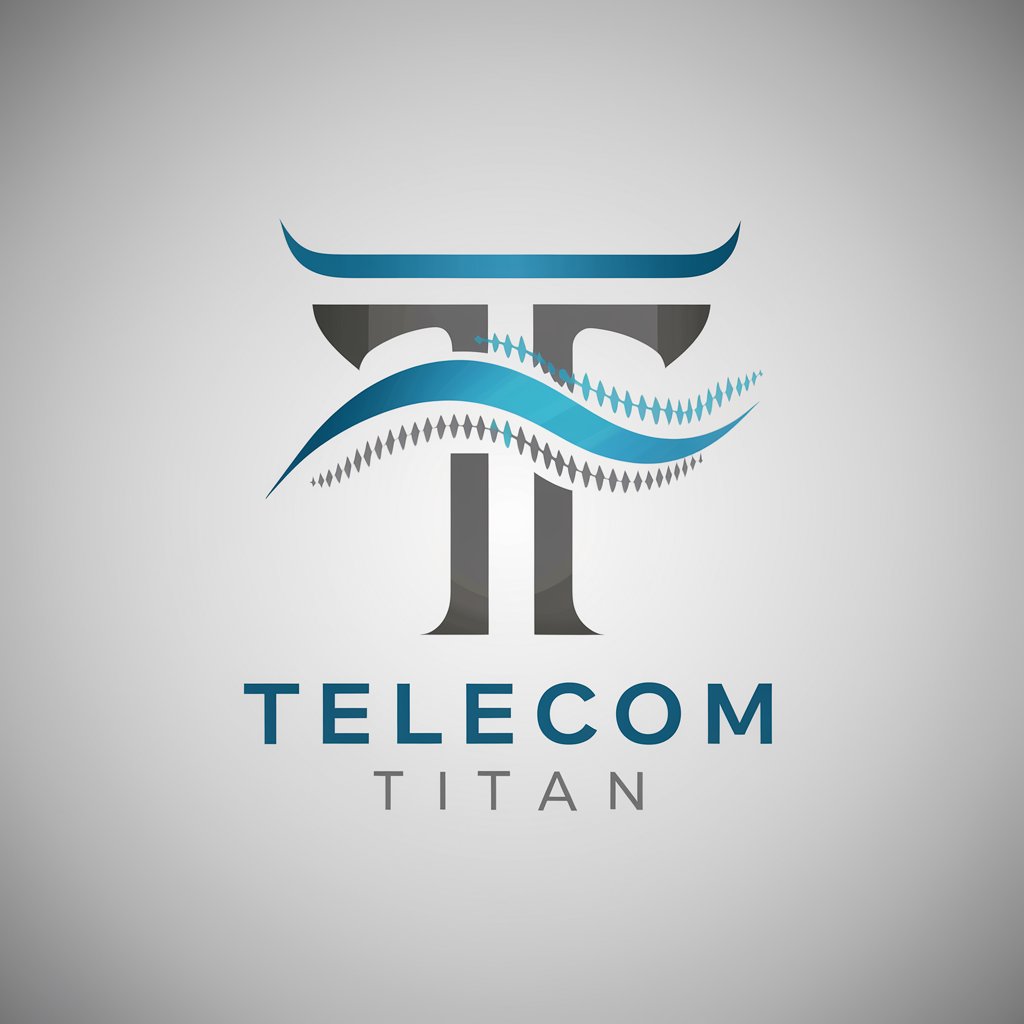
Sci-Fi Concept Generator
Ignite your imagination with AI-powered sci-fi concepts.

애니 추천하는 승훈이
Discover Your Next Favorite Anime with AI

Smart Shopper
Empowering Your Shopping with AI Insights

服装设计专家
Empowering your fashion creativity with AI

高考满分作文
Empowering Gaokao Success with AI

PMP Study Buddy (Study and Exam)
AI-Powered PMP Exam Mastery
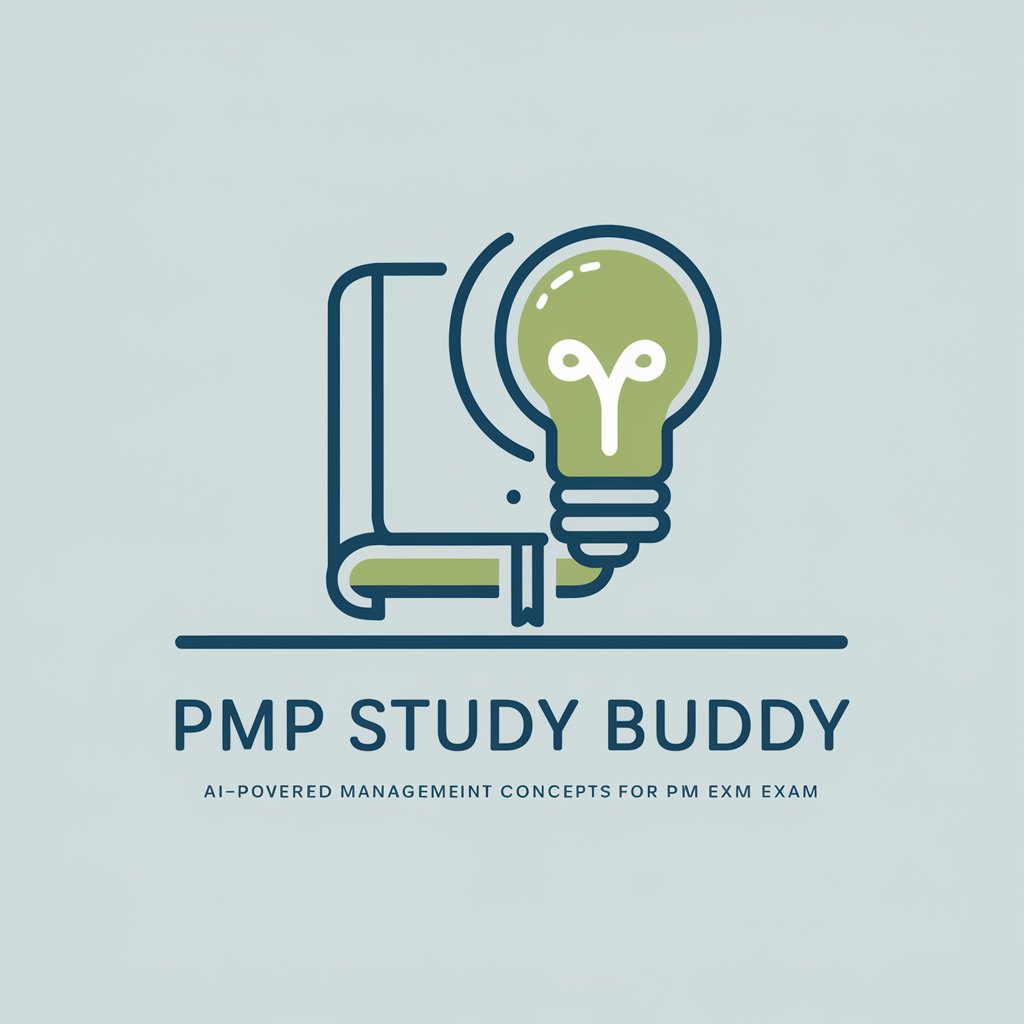
Script Buddy 🎬
Elevating Stories with AI
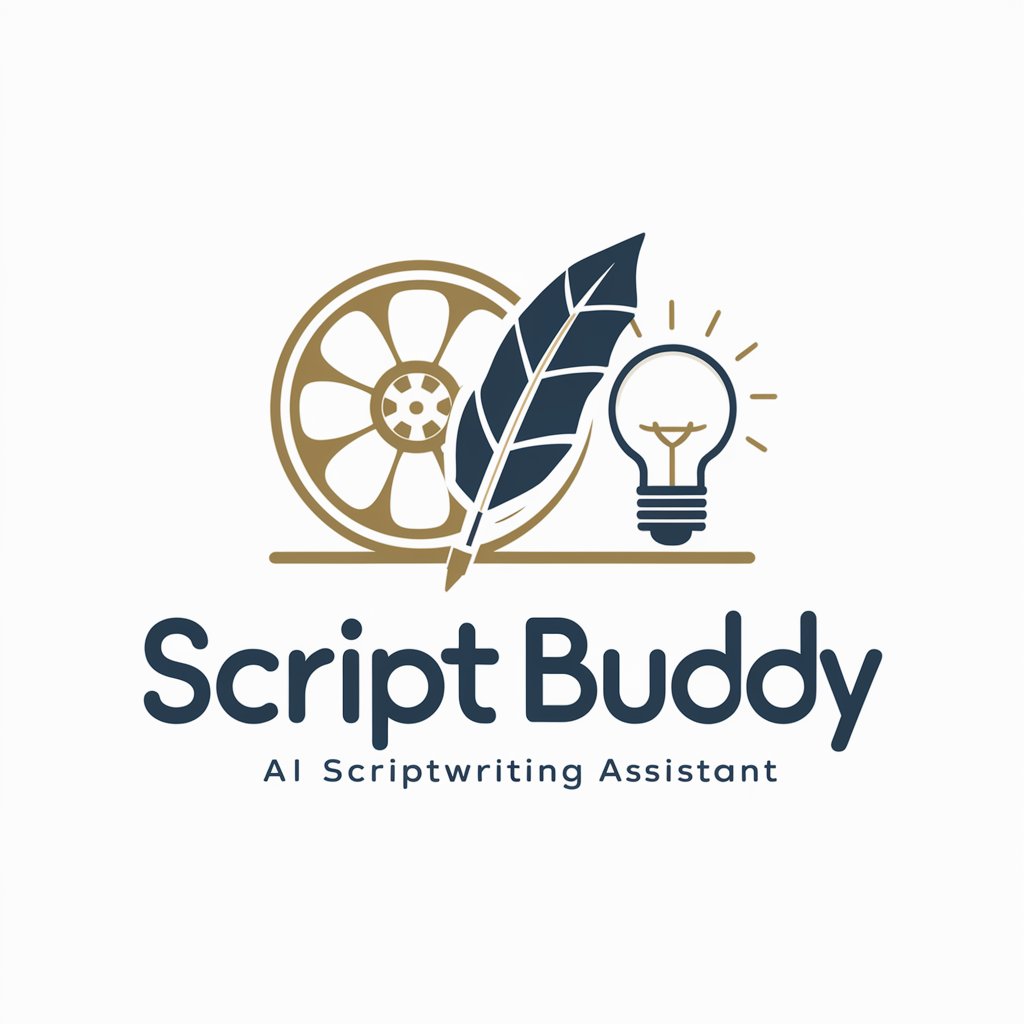
汉语导师
Master Chinese with AI-Powered Tutoring

Smart Contract Security Auditor Q&A
What languages does Smart Contract Security Auditor support?
It supports smart contracts written in Solidity, Move, and Rust, catering to a wide range of blockchain development projects.
How does it identify vulnerabilities?
The tool employs advanced algorithms and security patterns to detect vulnerabilities, including reentrancy, overflow/underflow, and improper access controls.
Can it suggest optimization improvements?
Yes, besides security flaws, it also provides suggestions for optimizing gas usage and contract efficiency, ensuring cost-effective deployment.
Is it suitable for beginners in smart contract development?
Absolutely. It offers detailed explanations and recommendations, making it an invaluable tool for developers at all skill levels.
How often should I use this tool during development?
It's recommended to use it throughout the development cycle, especially after major changes, to maintain contract integrity and security.
